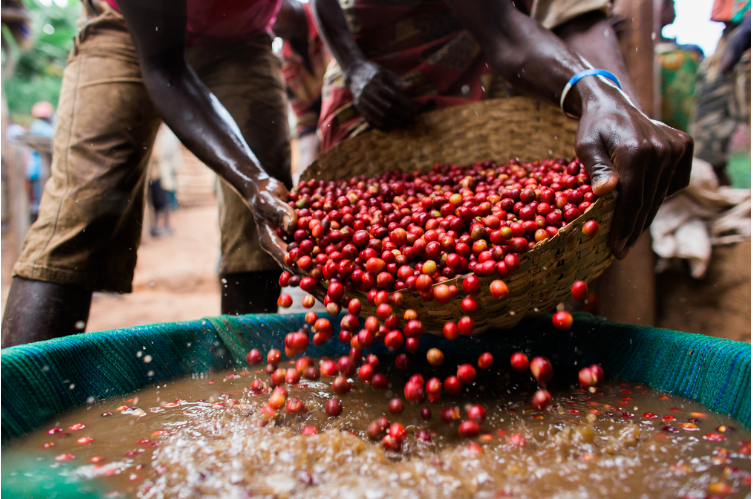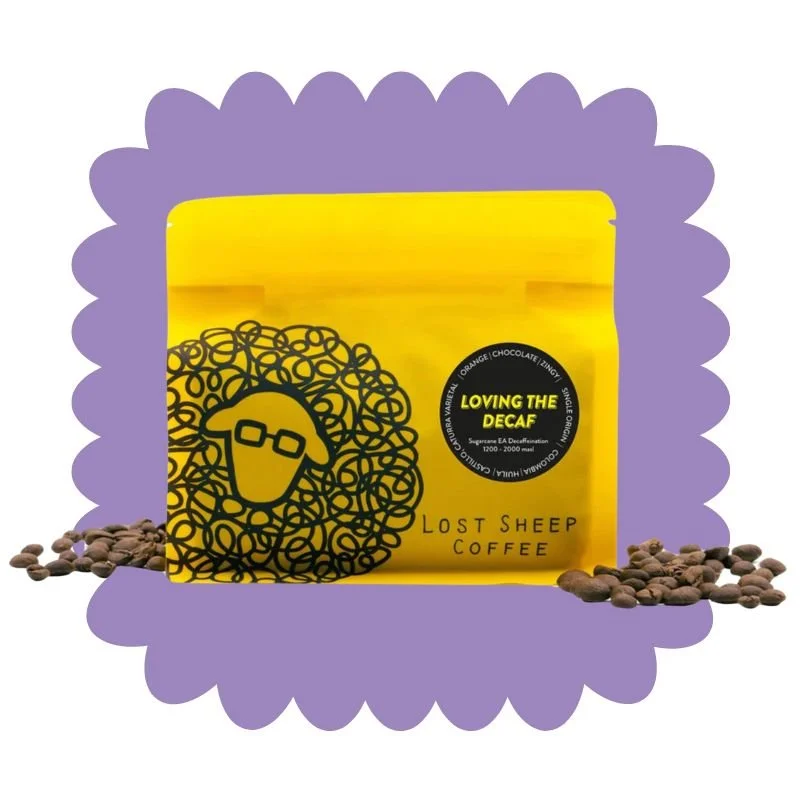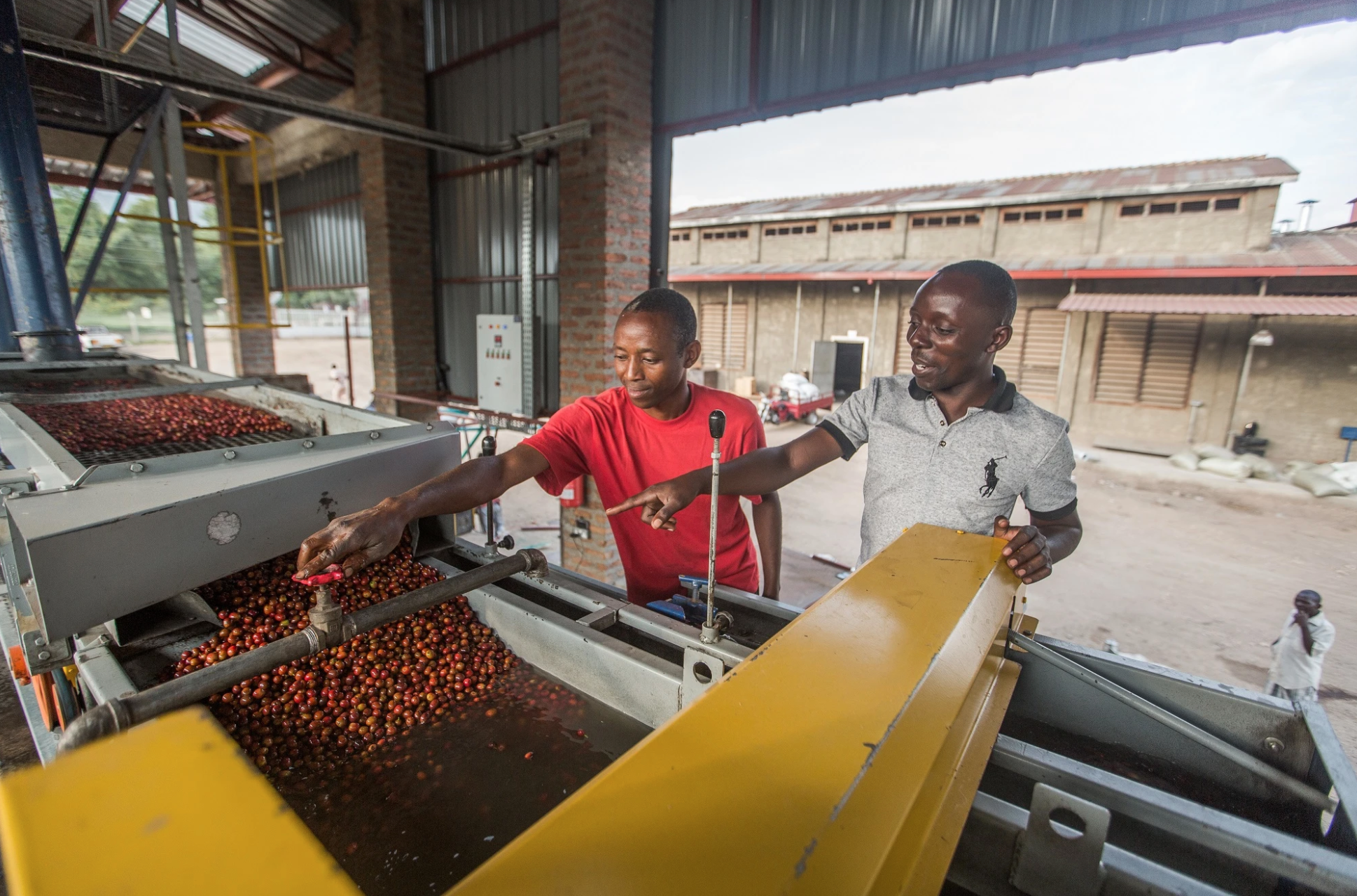AFRICA
Located in Central Africa, Burundi’s mountainous geography and favourable climate are two of the reasons why it is one of the most highly sought after coffee’s in the world. Burundi is now experiencing a resurgence in the growing of coffee after years of civil war and conflict and has nearly started producing as much coffee as it was in its heyday.
The most common varietal in the country is Bourbon while others are also available. There are now many new farms across Burundi that have embraced speciality coffee and trade directly with roasters and buyers, which is a new thing in this country. Until 2008 all the coffee that left the country did so through the same washing systems making it very hard to trace the origin.
Typical taste profiles of Burundi coffee include berry and bright, juicy notes, it normally has very balanced acidity and mouthfeel and is a classic easy sipper. Unlike other East Africans, a Burundi coffee doesn’t typically have any crazy flavour profiles but always is often seen as an all-rounder.
Photo; New Security Beat
Check out some Burundian coffee recently reviewed:
The birthplace of coffee, or at least the country that first consumed it. Ethiopia is a country so synonymous with coffee that the word coffee originated from Kaffa, a region in the south west of the country. Coffee is deeply entwined into their culture with over 12 million people working in or around coffee.
Some of the best coffee’s in the world have been grown in this country, the various heirloom varieties that are only found in Ethiopia make each coffee even more special and unique.
A typical Ethiopian coffee isn’t typical at all, taste profiles can be wildly diverse. From a zesty citrus fruit to a bright floral aftertaste to a fruit-forward watermelon. Some of my favourite ever coffees have been Ethiopian. Their washed coffee’s boast layers of complex notes while their naturals are juicy and outlandish. A true coffee lover's coffee. Read more in our article on Ethiopian Coffee.
Photo ; Sci Dev
Check out some Ethiopian coffee recently reviewed:
A speciality coffee giant, alongside some of its East African neighbours, Kenya is highly renowned as one of the greatest coffee producing countries in terms of quality.
With a fraction of the coffee history of its Northern neighbour Ethiopia, Kenya excelled in production in the 1950’s and now has some of the most highly educated producers alongside the perfect coffee growing environment.
I always find it very difficult to opt for anything other than a Kenyan when I see it on filter in a cafe. The unique and extraordinary flavours that certain Kenyan coffees hold is remarkable.
Often bright with layers of complex berries as well as streaks of wine toned acidity wrapped in sweet fruit. Best prepared as a pour over, the cup often evolves as it cools.
Photo; farmers trend
Check out some Kenyan coffee recently reviewed:
Known as the land of a thousand hills, Rwanda has the perfect environment to grow speciality Arabica coffee. Since the genocide of the 90’s, coffee has played a huge role in getting the country back to where it once was.
The introduction of washing stations and the education of younger generations about growing high quality coffee has been a symbol of positivity in Rwanda.
Rwanda has a slightly different flavour profile to that of an Ethiopian or Kenyan. What it lacks in bright citrus notes it makes up for in deeper, more concentrated fruit flavours.
Often reminiscent of stewed apples it can have a syrupy more heavy mouthfeel. Rwandan coffee is also highly diverse in flavour, it also produces a small amount of speciality Robusta coffee.
Photo; News Security
Check out some Rwandan coffee recently reviewed:
The history of Tanzanian coffee dates back to the 16th century, when Robusta coffee would have been imported from Ethiopia.
Coffee was initially chewed like tobacco after it was boiled and smoked. Nowadays over 90% of the coffee that is produced in Tanzania is grown by smallholder coffee farmers that use a cooperative washing station, however some of the best traceable coffees come from estates that have their own processing facilities.
Tanzanian coffee can differ fairly radically depending on where the coffee was grown. A coffee originating from the Kilimanjaro region can exhibit floral and subtle complexities that aren’t too dissimilar to a washed Ethiopian. While a coffee grown in the Mbeya region can possess a more full bodied richer flavour.
Photo; Coffee Warehouse
Check out some Tanzanian coffee recently reviewed:
Uganda is fairly new to the speciality coffee scene. Although the country has always produced coffee it mainly exported Robusta coffee (and is thought to be where it was born). Nowadays 80% of the coffee that is produced is Robusta, of which some of the highest quality in the world can be found. Arabica makes up the further 20% but is one the rise with a demand for the unique flavours and cup profile that Ugandan coffees produce.
Following the liberalisation of the coffee industry in the ‘90s, today 100% of the industry is privately owned which means you can trace some coffees back to the exact farm.
Geographically, Uganda is a great location to grow coffee, its rich fertile lands with volcanic soil, plenty of rainfall and sun plus farms at altitudes of up to 2500 metres above sea level make perfect coffee growing conditions.
The three main coffee growing regions of Mount Elgon in the east, the Rwenzori Mountains in the southwest, and West Nile in the northwest offer different flavour profiles attributing to the differences in each regions processing methods and terroir.
Photo; Elsewhere Coffee























